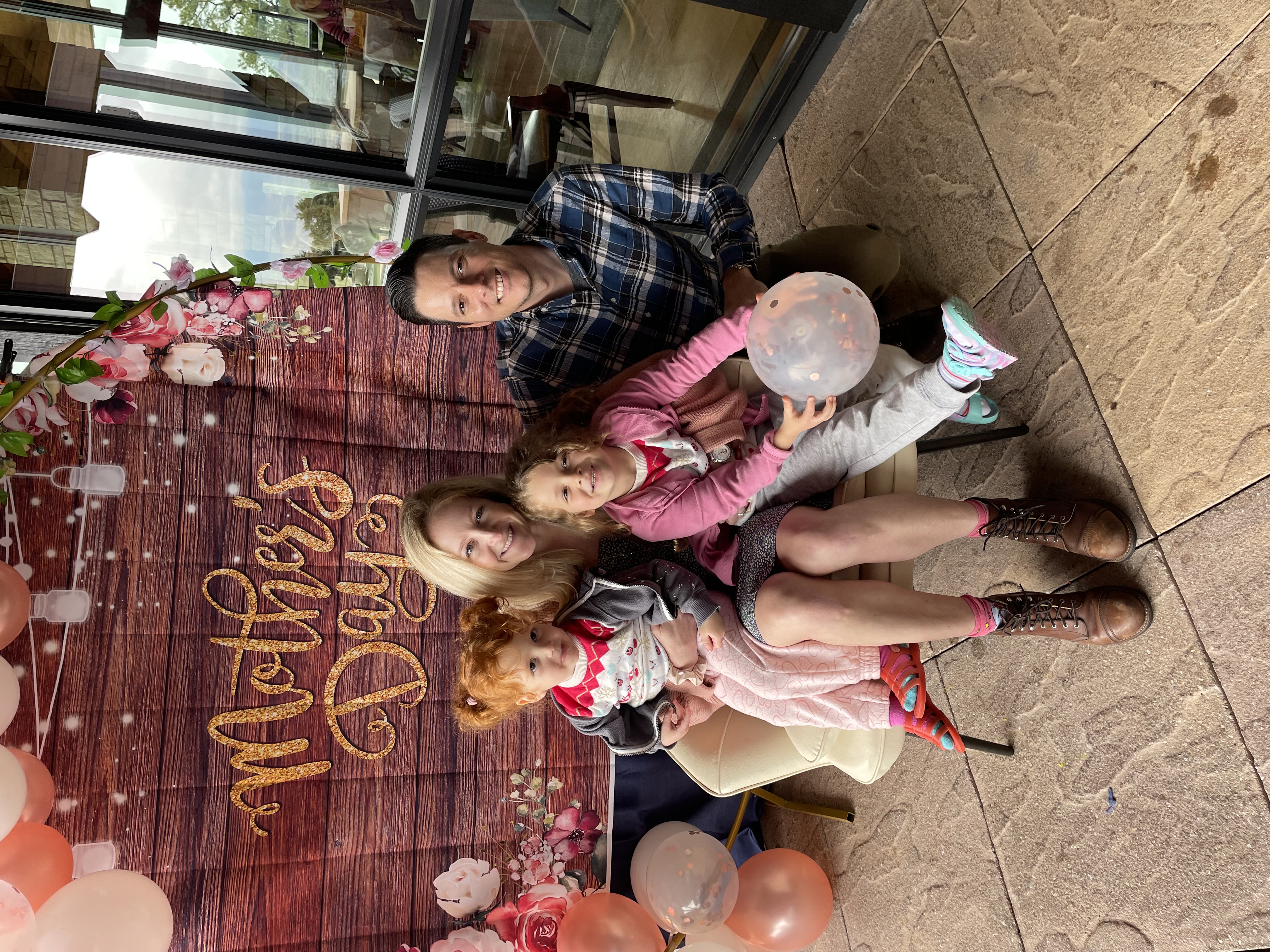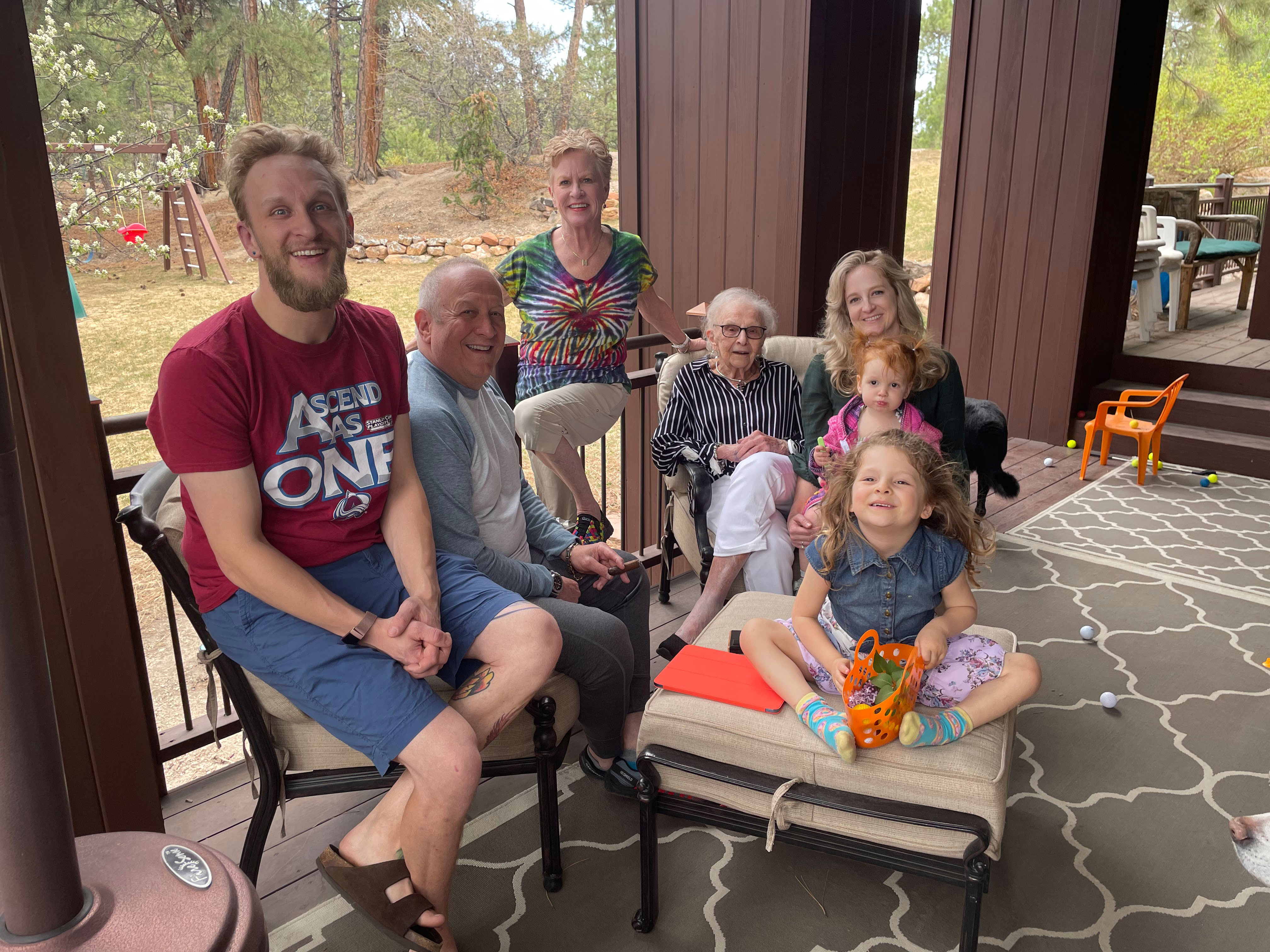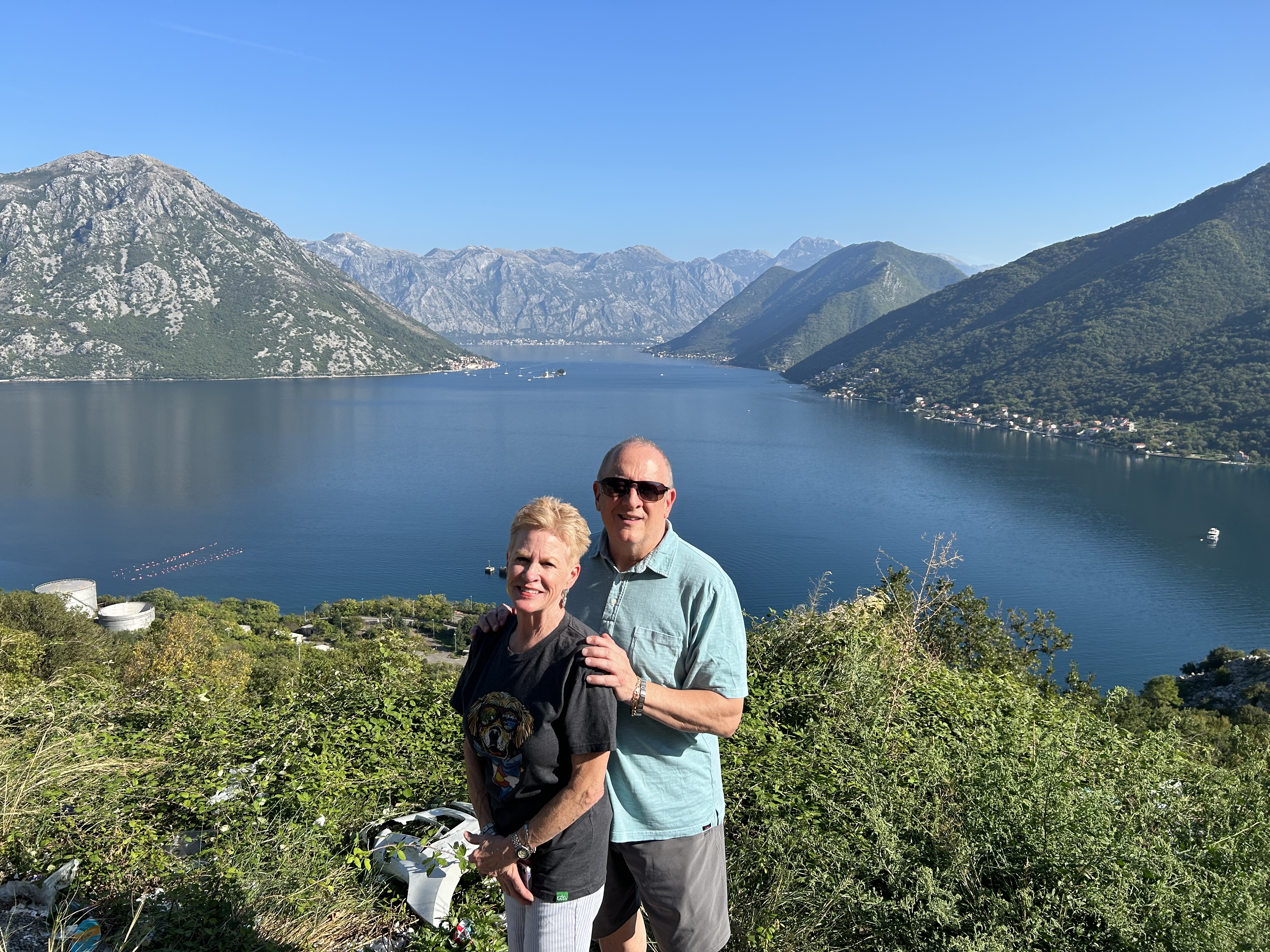Brooklyn native makes his mark while ‘fighting for the little guy’
Articles
Spotlight
View more from News & Articles or Primerus Weekly
By Brian Cox
Attorney Steve Shapiro is a lucky man. And he knows it.
For more than four decades, the Denver trial attorney has been able to do the work he loves: representing people whose lives have been devastated by catastrophic injuries, primarily brain trauma.
“I love fighting for the little guy,” he says. “I love helping people who can’t help themselves to get what they deserve and move on with their lives.”
With nearly 75 trials to his credit and multiple seven-figure verdicts, Shapiro has a hard time imagining doing anything else. While recognizing that he is lucky to have found a life purpose that he excels at and remains passionate about, Shapiro acknowledges that to attain the level of success he’s achieved requires more than good fortune.
“Luck is made by hard work,” he says. “If you don’t work hard, you can’t expect luck. I expect luck because of how hard I work.”
Born and raised in Brooklyn, N.Y., Shapiro says he was far from academically driven as a teenager – he was more into basketball and exploring the entertainments New York City had to offer. His father, Arthur, owned a seltzer soda business for a time and then worked as a salesman for a company that manufactured nuts and bolts. His mother, Eleanore, worked for a blouse company in New York’s garment district before dedicating herself to raising two sons. Shapiro believes he inherited his drive and tenacity from her.
“I know 100 percent that the reason I am what I am is her,” says Shapiro of his mother, who is now 93. “She did everything in her life to make my brother and me successful and sacrificed everything of herself for that. She is a huge influence. I cannot believe how tough and strong she is.”
His parents drummed education into Shapiro’s head, though he jokes, “it didn’t get in until college.” The first college graduate in his family, Shapiro made his way to Penn State Altoona, where he says he stood out as “the Jewish guy from Brooklyn” whose heavy New York accent sometimes made him difficult to understand.
He credits his years at Penn State as among the most influential experiences of his life. It was the first time he ever actually studied. He learned discipline, he says, and was surprised to discover a facility for learning.
Courses in political science and economics got his juices flowing. He took some classes that involved interacting with the New York City criminal justice system and it tapped a natural zeal for adversarial challenges.
“I just ate it up,” he says. “It got me thinking how much I enjoy the battle. I love sorting out the issues and figuring out how to go to war. I have this competitive gene in me. I never let up. Never.”

He began working for a lawyer who was running for district attorney in State College and continued working for him when he became DA and then a judge. The experience fed Shapiro’s ambition to become a lawyer. Later, after Shapiro graduated from Cooley Law School in Lansing, Mich., in 1982, the judge asked him to again come work for him, but Shapiro needed the buzz and hum of a big city and so declined.
He headed west to visit Colorado with a friend. And never left.
He accepted a position with Denver’s premier plaintiffs’ law firm and was immediately thrown into a multi-million-dollar lawsuit against the oil company Chevron, which was accused of being responsible for a gasoline leak from underground tanks at a service station into neighborhood sewer lines. The leak caused 42 families to be evacuated. Shapiro was handed seven families to represent. He thrived on the pressure, the work, and the responsibility. In the end, the jury found Chevron liable for the leak and awarded the families millions of dollars in punitive damages. Shaprio knew he had found his calling and he’s found it thrilling and rewarding ever since.
“I still get jazzed by the game, putting together the portrait to try the case,” he says. “I’ve never felt I had to work a day in my life because I love what I do.”
Shapiro won his first seven-figure verdict in 1991 on a motorcycle accident case. He had started developing a motorcycle accident practice despite people advising him they were difficult to win. As he encountered more head injury cases due to Colorado’s lack of a helmet law, he increasingly began to focus on brain injury cases.
He takes the work personally, he says. He still has clients going back 40 years that he remains in touch with and will help any time they call.
“The way I look at it is I get to know these people at the worst time of their life,” he says. “I get to help them. I get into an intimate relationship with them, and they trust me, and they continue to come back to me. That is something I’m proud of.”
His practice took on an even stronger personal hue when his sister-in-law was struck by a drunk driver while waiting at a Brooklyn bus stop. She sustained a severe brain injury and died six weeks later. The tragedy transformed Shapiro’s perspective on his work.
“It got me deeper and deeper into the emotional part of what people and families go through with a brain injury,” he says. “A brain injury is never about just that person. It’s about their entire network, their families. Every person suffers.”
He began visiting clients in the ICU and became involved with making sure they received quality care. He set up teams of brain injury experts to get his clients the best chance at being productive again.
Over the years, he has continued to stay on the cutting edge of medicine, delving deeper into the diagnostic tools and treatments available for brain injury victims.
“We used to prove brain injury cases without any pictures,” he says. “We would do it through neuropsych testing and clinical diagnosis and they were attacked viciously by the defense.”
Advances in radiology such as 3 Tesla MRI, diffusion tensor imaging, gradient-echo imaging, and susceptibility weighted imaging has equipped Shapiro with dramatic visual evidence of damaged areas that juries find highly persuasive.
“When we get to show a picture, juries eat that up,” he says. “They believe it. They buy it.”
The technology has made it easier to prove cases of mild brain injury, Shapiro says, which brings him great satisfaction because the devastation of a mild brain injury is compounded by the fact that the victims often appears as though they are fine when in fact they are not.

“I think I’m a science nerd or a medical nerd,” he says, adding that he idolizes top-rated neuroscientists the way others might a pop singer or Hollywood celebrity. “Those are the things I get jazzed about.”
When he was still a young lawyer, the managing partner at the law firm taught him a lesson he will never forget by sending him in alone to take the deposition of an orthopedic surgeon the firm was suing for malpractice. Shapiro had to adapt to the surgeon’s outrage. The managing partner later told Shapiro he had to learn how to change “on the fly.”
“He said, ‘If you don’t understand the medicine and you don’t know the medicine better than that doctor sitting across from you, he’s going to eat you alive,’” recalls Shapiro. “So, you better damn well know the medicine or do me a favor and don’t do this work. I took it to heart. I probably know more medicine than I know law.”
He embraces the challenge of explaining the nature of his client’s injuries to a jury.

“I’ve got to take the medicine and make it so simple that a fourth grader understands it when I present it to a jury, and for whatever reason I’m very comfortable at that, but it takes a really deep understanding,” he says.
Now a partner at Ogborn Mihm LLP, Shapiro estimates 90 percent of his practice involves brain injuries. He has represented several athletes in return-to-play concussions, including an arena football league player and a soccer player. He has been involved with the Brain Injury Alliance of Colorado for the past 30 years and has served as a board member for the Invisible Disability Association.
Increasingly, Shapiro has been taking on the role of mentor, providing advice and guidance to younger attorneys at the firm. He encourages them to think less like a lawyer in front of a jury and to just be human – vulnerable and humble, even. He takes an individual approach to mentoring.
“I’ve got to understand who they are and how they can take it,” he explains. “Once I understand who they are and how they can take it, then I have a different approach with each one. But the ones I really love helping are the ones who have the desire and willingness to be great.”
Shapiro admits that being an exceptional trial lawyer requires sacrifice, and the time commitment can be tremendous – on the order of 24-7, 365 days a year.
“There’s no easy way to do this,” he says. “I love the challenge of it.”
He says he wouldn’t have been able to do what he loves without his wife, Mona. The couple met when Shapiro was studying for the bar and have now been married 40 years. They have two children. Their daughter, Lauren, is a health care attorney, and their son, Preston, is in the hospitality business.
“My wife has been my rock,” says Shapiro. “She took care of everything to let me be what I wanted to be, which was as great a lawyer as I could be. Without her, no way in hell I could have done what I’ve done.”
He can’t even really contemplate retirement, he says.
“I’m very lucky,” he says. “I’ve gotten to do what I love my entire career. And I still love it. I’m fortunate that way.”